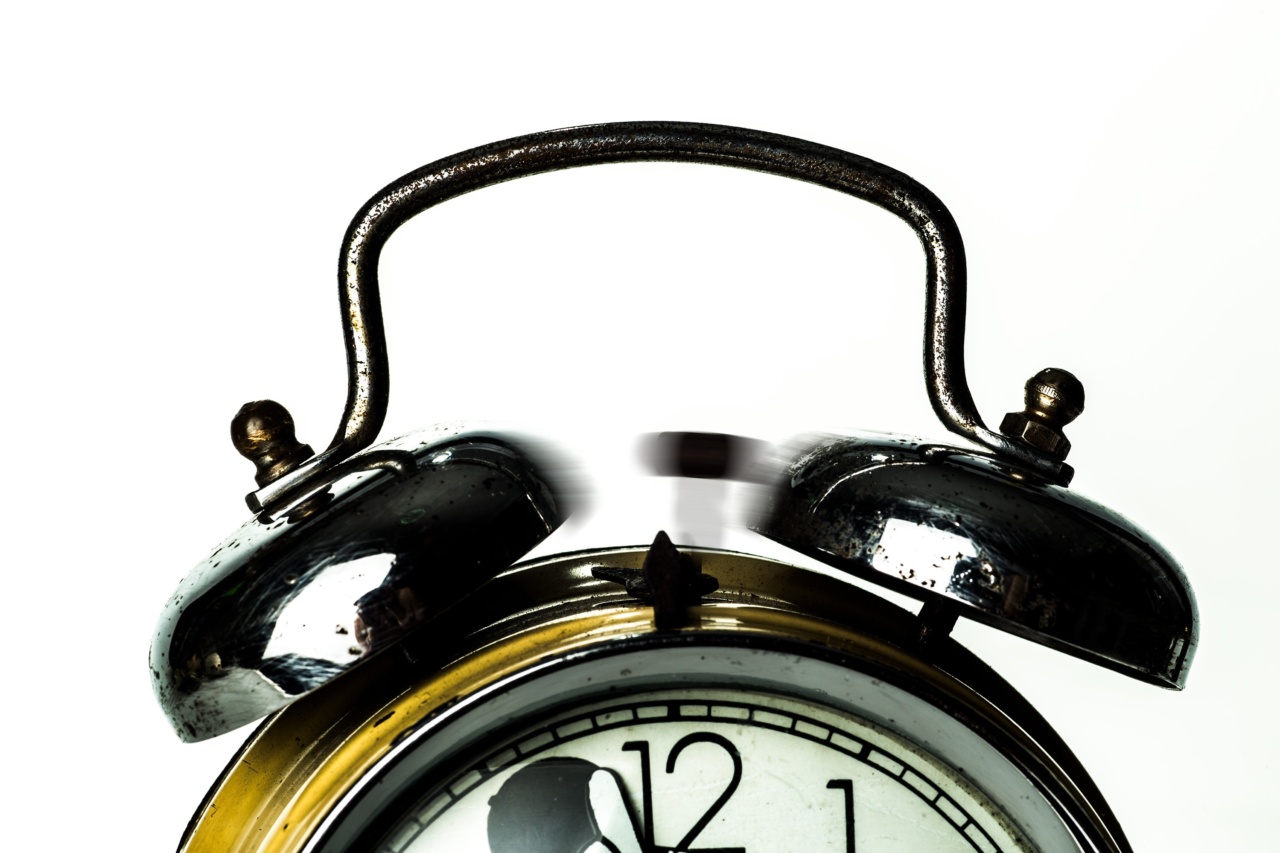Melatonin is a hormone that naturally occurs in the body and is primarily involved in regulating sleep-wake cycles. It is produced by the pineal gland, a small gland located in the brain.
Melatonin levels typically rise in the evening when it gets dark, signaling to the body that it is time to sleep. Conversely, melatonin levels decrease in the morning with the onset of daylight, signaling wakefulness.
The Importance of Sound Sleep
Adequate and sound sleep is essential for overall health and well-being. During sleep, the body performs various restorative functions, such as repairing damaged tissues, consolidating memories, and regulating mood.
Lack of sleep can lead to a range of health issues, including fatigue, decreased cognitive function, weakened immune system, and increased risk of chronic conditions like obesity, diabetes, and cardiovascular disease.
Conditions that May Affect Sleep
Several factors can disrupt normal sleep patterns and make it difficult for individuals to fall asleep or maintain a deep sleep. Some common conditions that affect sleep include:.
Insomnia
Insomnia refers to the inability to fall asleep or stay asleep, even when there is ample opportunity to do so. It can be caused by various factors, including stress, anxiety, certain medications, medical conditions, and poor sleep hygiene.
Jet Lag
Jet lag occurs when travel across different time zones disrupts the body’s internal circadian rhythm. This disruption can lead to difficulty falling asleep or experiencing restful sleep at the destination.
Shift Work Sleep Disorder
Shift work sleep disorder is common among individuals who work non-standard hours, such as night shifts or rotating shifts.
The irregular sleep schedule can cause difficulties in falling asleep or staying asleep, resulting in excessive sleepiness or insomnia.
Delayed Sleep-Wake Phase Disorder (DSWPD)
DSWPD is a sleep disorder characterized by a significant delay in the typical sleep-wake schedule. People with DSWPD often find it difficult to fall asleep at conventional bedtimes and struggle to wake up in the morning.
How Melatonin Can Help
Melatonin supplements have been found to be an effective aid for individuals experiencing sleep difficulties.
As a hormone that regulates sleep-wake cycles, melatonin can help reset the body’s internal clock and improve sleep quality in various sleep disorders.
Recommended Dosage of Melatonin
It is important to note that melatonin is available as an over-the-counter supplement in most countries.
The recommended dosage of melatonin for sound sleep depends on several factors, including the individual’s age, sleep disorder, and sensitivity to the hormone. The general guidelines for melatonin dosage are as follows:.
Adults
For adults, the typical starting dosage is around 0.3 to 5 milligrams (mg), taken 30 minutes to one hour before bedtime. However, it is advisable to start with a lower dosage and gradually increase if necessary.
Individual response to melatonin can vary, so it is important to find the dosage that works best for each individual.
Elderly
Elderly individuals may require lower dosages of melatonin due to potential age-related changes in metabolism. Typically, a dosage of 0.1 to 0.3 mg can be effective for older individuals in promoting sleep.
Children and Adolescents
Children and adolescents may benefit from melatonin supplementation in certain cases. However, it is crucial to consult a healthcare professional before administering melatonin to children.
The recommended dosage for pediatric use is lower, generally around 0.5 mg or less.
Tips for Taking Melatonin
When using melatonin as a sleep aid, it is important to follow these tips:.
1. Consult a Healthcare Professional
Before starting melatonin supplementation, it is recommended to consult with a healthcare professional, especially if you have any underlying medical conditions or are taking other medications.
They can provide personalized advice based on your specific needs and circumstances.
2. Start with a Low Dosage
It is always advisable to start with a low dosage and gradually increase if necessary. This allows you to gauge your body’s response to melatonin and avoid taking higher dosages than required.
3. Take Melatonin 30 Minutes to 1 Hour Before Bedtime
Melatonin should be taken around 30 minutes to one hour before the desired bedtime. This allows sufficient time for the supplement to be absorbed and for melatonin levels to rise in the body, signaling the onset of sleep.
4. Create a Relaxing Environment
While melatonin can aid in falling asleep, creating a relaxing sleep environment is equally important. Make sure your bedroom is dark, quiet, and at a comfortable temperature.
Avoid exposure to bright lights from electronic devices, as they can inhibit the production of melatonin.
5. Establish a Bedtime Routine
A consistent bedtime routine can help signal your body that it is time to sleep. Engage in relaxing activities such as reading a book, taking a warm bath, or practicing relaxation techniques before bed.
This can enhance the sleep-promoting effects of melatonin.
6. Limit Caffeine and Stimulants
Avoid consuming caffeine or stimulants close to bedtime, as they can interfere with sleep quality. Opt for decaffeinated beverages or herbal tea instead.
7. Monitor Duration of Melatonin Use
It is generally recommended to use melatonin for short periods, such as a few weeks or months, to address temporary sleep disruptions. Prolonged use of melatonin should be done under the guidance of a healthcare professional.
Safety and Precautions
While melatonin is generally safe for short-term use, it is important to consider the following precautions:.
1. Potential Side Effects
Some individuals may experience mild side effects with melatonin use, including drowsiness, headache, dizziness, and nausea. If these side effects persist or worsen, it is advisable to discontinue use and consult with a healthcare professional.
2. Interactions with Medications
Melatonin can interact with certain medications, such as blood thinners, anti-seizure medications, and immunosuppressants. It is important to inform your healthcare professional about all the medications you are taking to avoid potential interactions.
3. Individual Variations
Individual response to melatonin can vary. What works for one person may not work the same way for another. It is important to find the dosage and timing that best suits your individual needs.
Conclusion
Melatonin is an effective aid for promoting sound sleep in individuals with sleep disturbances.
Whether you are dealing with insomnia, jet lag, or shift work sleep disorder, melatonin supplementation can help regulate your sleep-wake cycle and improve sleep quality. It is important to follow the recommended dosages based on age and consult with a healthcare professional before starting melatonin supplementation.
By incorporating melatonin into your sleep routine and practicing good sleep hygiene, you can achieve the restful sleep you deserve.






























